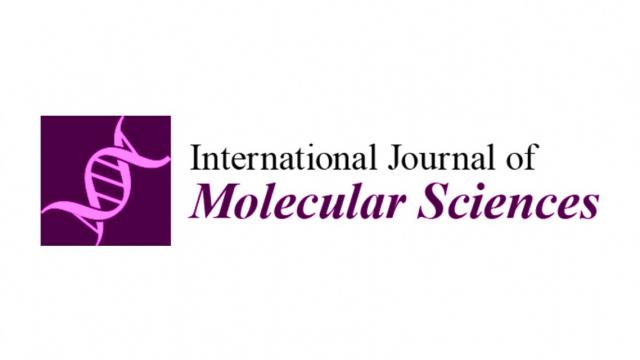- Home
- Department
- Research
- Teaching
- Post Graduate Studies
- Services and Equipment
- Knowledge Transfer
New publication - High eEF1A1 Protein Levels Mark Aggressive Prostate Cancersand the In Vitro Targeting of eEF1A1 Reveals the eEF1A1–actin Complex as a New Potential Target for Therapy
Published on "International Journal of Molecular Sciences"
News typology:
home
High eEF1A1 Protein Levels Mark Aggressive Prostate Cancersand the In Vitro Targeting of eEF1A1 Reveals the eEF1A1–actin Complex as a New Potential Target for Therapy
Abstract
Although the eukaryotic elongation factor eEF1A1 plays a role in various tumours, there is little information on its prognosis/therapeutic value in prostate carcinoma. In high-grade and castration-resistant prostate carcinoma (CRPC), the identification of novel therapeutic markers/targets remains a priority. The expression of eEF1A1 protein was determined in formalin-fixed, paraffin-embedded prostate cancer and hyperplasia tissue by IHC. The role of eEF1A1 was investigated in a cellular model using a DNA aptamer (GT75) we previously developed. We used the aggressive CRPC cancer PC-3 and non-tumourigenic PZHPV-7 lines. Cytotoxicity was measured by the MTS assay and eEF1A1 protein levels by in-cell Western assays. The mRNA levels of eEF1A1 were measured by qPCR and ddPCR. Higher expression of eEF1A1 was found in Gleason 7–8 compared with 4–6 tissues (Gleason ≥ 7, 87% versus Gleason ≤ 6, 54%; p = 0.033). Patients with a high expression of eEF1A1 had a worse clinical outcome. In PC-3, but not in PZHPV-7, GT75 decreased cell viability and increased autophagy and cell detachment. In PC-3 cells, but not in PZHPV-7, GT75 mainly co-localised with the fraction of eEF1A1 bound to actin. Overexpression of the eEF1A1 protein can identify aggressive forms of prostate cancer. The targeting of eEF1A1 by GT75 impaired cell viability in PC-3 cancer cells but not in PZHPV-7 non-tumourigenic cells, indicating a specific role for the protein in cancer survival. The eEF1A1–actin complexes appear to be critical for the viability of PC-3 cancer cells, suggesting that eEF1A1 may be an attractive target for therapeutic strategies in advanced forms of prostate cancer.
The research involved the Biomarkers and liquid biopsy on cfDNA for precision cancer medicine research group, coordinated by Prof. Bruna Scaggiante, and the Proprietà terapeutiche di farmaci basati su acidi nucleici group, coordinated by prof. Grassi.

Last update: 04-14-2022 - 17:10



